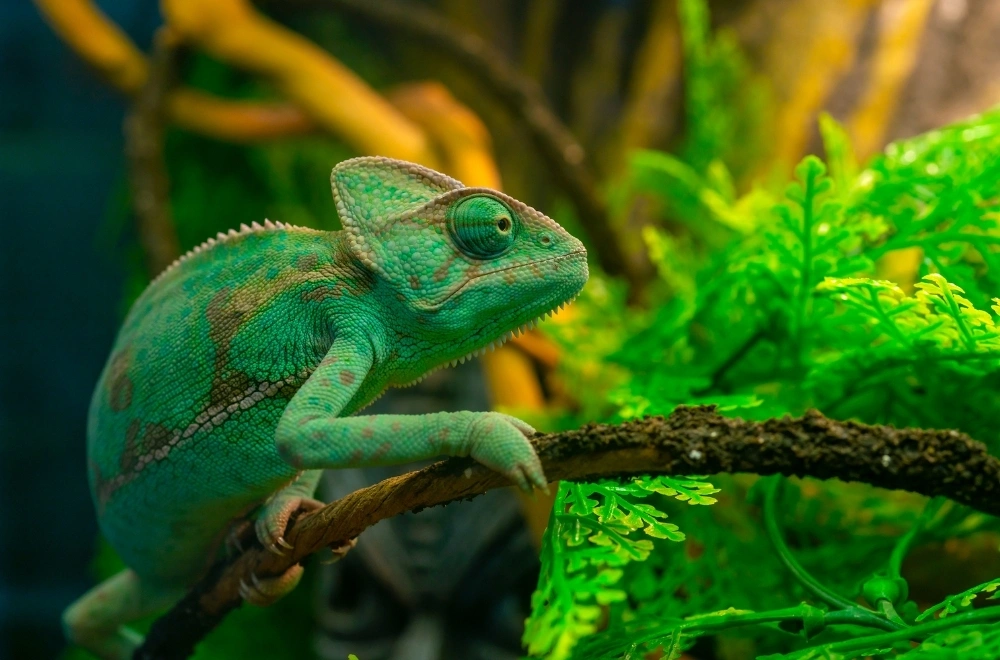Introduction
In recent years, the demand for exotic pets has surged, with more people opting for unconventional animals like reptiles, amphibians, birds, and even small mammals as companions. Unlike traditional pets such as dogs and cats, exotic pets offer unique experiences, captivating appearances, and, in some cases, lower maintenance requirements. However, this growing trend raises important questions about animal welfare, legal regulations, and ethical considerations.
This article explores the rise of exotic pets, the factors driving their popularity, the most sought-after species, and the challenges associated with keeping them.
What Are Exotic Pets?
Exotic pets are animals that are not traditionally domesticated and are often wild or semi-wild species kept in captivity. These can include:
- Reptiles (snakes, lizards, turtles)
- Amphibians (frogs, salamanders)
- Birds (parrots, toucans, owls)
- Small mammals (hedgehogs, sugar gliders, ferrets)
- Arachnids and insects (tarantulas, scorpions, stick insects)
- Exotic fish (piranhas, lionfish, axolotls)
Unlike dogs and cats, which have been bred for companionship over thousands of years, many exotic pets retain their wild instincts, making their care more complex.
Why Are Exotic Pets Gaining Popularity?
Several factors contribute to the increasing demand for exotic pets:
1. Social Media Influence
Platforms like Instagram, TikTok, and YouTube have popularized exotic pet ownership by showcasing rare and visually striking animals. Viral videos of capybaras, fennec foxes, and slow lorises have piqued public interest, sometimes without addressing the challenges of keeping these animals.
2. Desire for Uniqueness
Many pet owners seek animals that stand out, driven by a desire to own something rare or unusual. Exotic pets fulfill this need by offering distinct appearances and behaviors not found in traditional pets.
3. Perceived Low Maintenance
Some exotic pets, like certain reptiles or insects, are believed to require less attention than dogs or cats. While this can be true in some cases, many exotic species have specialized dietary, environmental, and medical needs that are often underestimated.
4. Urban Living Constraints
With more people living in apartments and smaller homes, compact pets like geckos, hamsters, or small snakes become appealing due to their space efficiency.
5. Increased Availability
The exotic pet trade has expanded, with breeders, online marketplaces, and pet stores offering a wider variety of species than ever before. Some animals are even sold through illegal wildlife trafficking, raising ethical concerns.
Most Popular Exotic Pets in 2024
Here are some of the most sought-after exotic pets today:
1. Ball Pythons
Known for their docile nature and striking morphs (color variations), ball pythons are among the most popular pet snakes. Their manageable size (3-5 feet) and relatively simple care requirements make them ideal for reptile enthusiasts.
2. Bearded Dragons
These friendly lizards are beloved for their interactive personalities and hardy nature. They require UV lighting and a balanced diet but are considered one of the best reptiles for beginners.
3. Hedgehogs
African pygmy hedgehogs have gained fame for their cute appearance and quirky behaviors. However, they are nocturnal and require specific temperature controls to stay healthy.
4. Sugar Gliders
These small, gliding marsupials are social and bond closely with their owners. However, their high-energy nature and need for a specialized diet make them challenging to care for.
5. Axolotls
Also known as “Mexican walking fish,” axolotls are aquatic salamanders with regenerative abilities. Their unique look and relatively simple tank setup have made them a favorite among exotic pet keepers.
6. Fennec Foxes
With their oversized ears and playful demeanor, fennec foxes are highly desired. However, they are wild animals with complex needs and are illegal to own in many regions.
7. Tarantulas
For those who appreciate arachnids, tarantulas like the Chilean rose or Mexican redknee are low-maintenance pets that require minimal space.
Challenges and Ethical Concerns
While exotic pets can be rewarding, they come with significant challenges:
1. Specialized Care Requirements
Many exotic species need precise humidity, temperature, lighting, and diet to thrive. Improper care can lead to stress, illness, and premature death.
2. Legal Restrictions
Laws regarding exotic pet ownership vary by country and state. Some animals, like primates or big cats, are banned in many places due to safety and conservation concerns.
3. Ethical and Conservation Issues
The exotic pet trade contributes to wildlife trafficking and habitat depletion. Many animals are captured from the wild, leading to population declines. Even captive-bred exotics may face improper care due to inexperienced owners.
4. Zoonotic Diseases
Exotic pets can carry diseases transmissible to humans (zoonoses), such as salmonella from reptiles or herpes B from monkeys.
5. Long Lifespans and Commitment
Some exotic pets, like parrots and tortoises, can live for decades, requiring a long-term commitment that many owners may not anticipate.
Responsible Exotic Pet Ownership
For those considering an exotic pet, responsible ownership involves:
- Researching the species thoroughly before purchase.
- Ensuring legal compliance with local and international laws.
- Finding a reputable breeder rather than supporting wildlife trafficking.
- Providing proper habitat, diet, and veterinary care (exotic vets are specialized and may be costly).
- Considering adoption from rescues, as many exotic pets are surrendered due to improper care.
Conclusion
The rise of exotic pets reflects changing attitudes toward animal companionship, driven by social media, urbanization, and a desire for uniqueness. While these animals can bring joy and fascination, they also demand specialized care and raise ethical dilemmas.
Prospective owners must weigh the responsibilities carefully, ensuring they can meet the animal’s needs while adhering to legal and conservation guidelines. As the trend continues, education and regulation will be key to promoting the welfare of both exotic pets and their wild counterparts.
Would you consider owning an exotic pet? Let us know in the comments!
